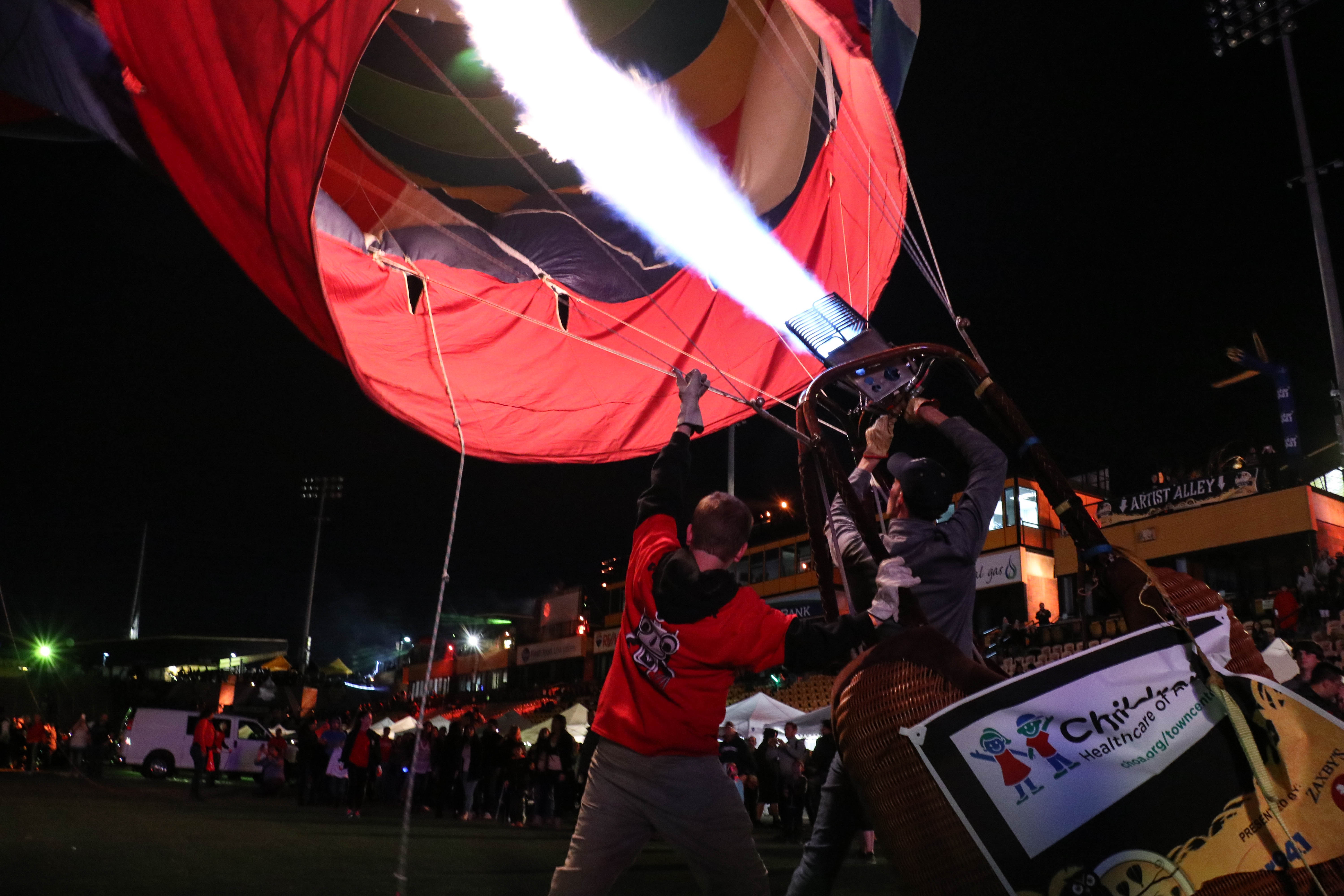This October KSU will host a special guest with an amazing story to tell: Bronte Wright.
Imagine the roaring whistle of helicopter blades ruthlessly slashing the humid summer air, vibrating through the double glass doors of the Level 1 trauma center. Everywhere, the air conditioning vents circulated the unmistakable hospital smell of disinfectant fumes. And there was Bronte Wright, being lifted out on a stretcher from the back of a red helicopter and wheeled in at full speed into the trauma center.
Bronte was flown into the Atlanta Medical Trauma Center after she lost control of her car and did a 360-degree spin into a tree at 45 mph, three days after her 17th birthday. Bronte was texting and driving.
The doctor told her mother, Marlene Wright, that her daughter had a broken pelvis, but that was the least of her problems. Bronte also had contusions on most parts of her brain and a bleeding brain stem that could prove deadly. She was in a coma.
Marlene Wright feared for her daughter’s life, but more so than that, she did not want Bronte to live in a vegetative state. Bronte’s parents were faced with a situation that no parent should have to go through. Marlene Wright prayed for her daughter’s health to improve, but she also knew that she had to make a decision quickly. If Bronte’s purpose in this world was to save people after her death, no time should be wasted. Bronte would no longer suffer and would live through somebody that way.
Not wishing to see her daughter slowly waste away on a hospital bed surrounded by bars and netting to keep her from falling out, Marlene Wright made the difficult decision to turn off Bronte’s life support less than two weeks after her accident. She sat beside the machines that were keeping her daughter alive. Out of desperation, Marlene said, “Bronte, if you’re in there, please, do a thumbs up.” Bronte slowly squeezed her hand into a fist and raised her thumb to show that she heard and understood what her mother asked her. Bronte’s response was an unexpected miracle for her mother that saved Bronte’s life.
The doctors decided to give Riterin to Bronte, a medication that would help her brain focus. 45 minutes later, as the drug infiltrated her veins and then her brain, Bronte opened her eyes. Alert, she focused on her mother, who screamed for a nurse. Bronte furrowed her eyebrows, seemingly confused about where she was. She tried to sit up but realized she could not move. She caught her reflection in the mirror on the opposite wall. Her mouth opened a little.
Marlene Wright did not want her daughter to see herself unable to move, lying in a hospital bed with a thick tube coming out of her throat. But, Bronte needed to make the connection between herself and the Bronte that was reciprocating her gaze from across the room. Bronte’s mother held out a small mirror in front of Bronte’s face. Bronte stared at her reflection for a minute. She looked into her mother’s eyes and silently mouthed the words: “I’m scared.”
As months went on, Bronte experienced a miraculous recovery. Living in the hospital for about three weeks, she was in therapy every day. She had to relearn how to do everything from brushing her teeth, to eating, to taking a shower, to using the toilet. Over the course of two months, she relearned how to walk, speak, write and do everyday tasks in record time.
Since her recovery, she has worked with special education children as a peer facilitator at her high school, looked into a career in occupational therapy and has been accepted into college. She is now studying Psychology at Georgia Highlands College in Rome, Ga. She wants to find a career that helps people with traumatic brain injuries such as vocational rehabilitation counseling.
Bronte was an exceptional case of full recovery after a distracted driving incident. All of her friends with brain trauma at Scottish Rite Hospital were not as lucky.
Bronte shared her story on Oprah and has been interviewed by 11 Alive and local newspapers. She gave numerous speeches about distracted driving at schools, and she wants to save lives by telling people about her struggles after her accident. She will be speaking at the Ghost Out event on campus, a distracted driving awareness event with a simulation car crash at KSU on Oct. 25. The event will have food and will start at 4 p.m. on the Campus Green.



